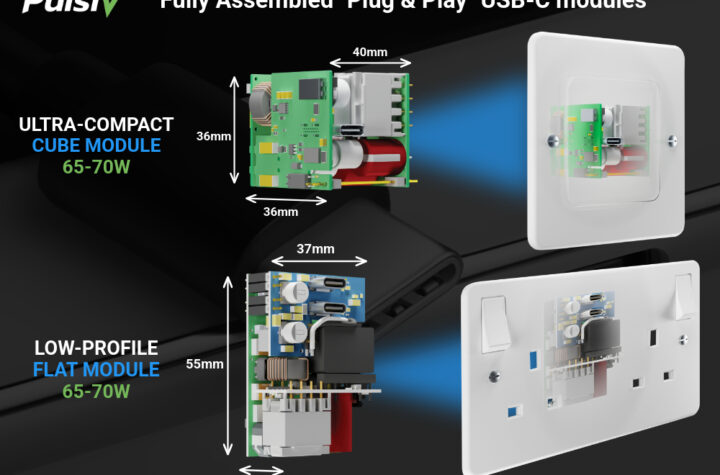
Aluminum and magnesium recycling technology is helping European OEMs to meet their recycling targets. In response to the growing demand for recycling facilities, VAW-IMCO has announced investment of 25 million Euro in 2005/2006 to start magnesium recycling and alloy production in Toeging, Germany and to develop a new aluminum recycling plant at Neckarwerk in the German town of Deizisau to supply liquid metal to the automotive and foundry industry in south-west Germany.
The company is one of the leading aluminum recyclers for extrusion and rolling scrap and dross as well as the leading supplier of aluminum foundry alloys – primary and secondary based – in Europe. Belonging Aleris International Inc., Beachwood, Ohio, USA the company has invested more than 40 million Euro to modernize plants, in Grevenbroich Germany and Toeging. Capacity had been grown from 150,000 t/a to today’s 280,000 t/a.
Added to the recycling technology developed by Aleris International, is the capacity to deliver molten aluminum to plants up to 600 kilometers from the smelter. Company head Roland Scharf-Bergmann tells Automotive Industries that the capacity of the Neckarwerk plant will be 60,000 t/a. Permission has been granted for 120,000 t/a. Some 80% of the initial capacity will be supplied to a single customer, with molten aluminum being transported by 16 trucks a day, rising to 20.
Scrap will come partly from customers, with additional sourcing in Southern Germany, where the plant is located. He says the plant gives OEMs the ability to close the loop for ELV scrap.? Most of the scrap is sourced from recyclers shredded from major processing plants having ELV scrap contracts with the automotive industry.
The scrap will be sampled, the samples melted and analysed. The data from this analysis will be used to create a recipe for melting, and the molten metal will be sampled and analysed again in order to correct with alloy additions, when necessary, he says.
There are plans to build similar plants where needed. The design of the new German plant is similar to the smelter in Saginaw, Michigan, USA, which was customised to the needs of the specific customer. The technology will be used in Aleris International and its subsidiaries only, according to Scharf-Bergmann.












More Stories
Hexagon’s MAESTRO reinvents CMM systems through digitization
Avery Dennison PSA tapes support rapid evolution of EV batteries
BRANO and DOMO join forces to replace aluminum with TECHNYL® polyamide